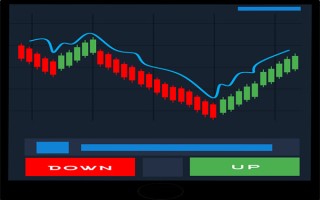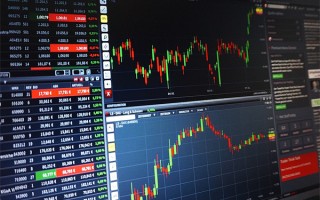Understanding Currency Exchange Rates: FAQs
Understanding currency exchange rates is crucial for individuals and businesses engaging in international transactions. The term for "currency exchange rate" in English is "exchange rate." Below, we delve into some frequently asked questions about exchange rates to provide clarity and insight.

What is an exchange rate?
An exchange rate is the value of one currency in terms of another currency. It represents how much of one currency is needed to purchase a unit of another currency. For example, if the exchange rate between the US dollar (USD) and the Euro (EUR) is 1.10, it means that 1 USD is worth 1.10 EUR.
How are exchange rates determined?
Exchange rates are determined by the foreign exchange market, which is the largest and most liquid financial market in the world. The rates fluctuate based on supply and demand factors, including economic indicators, political stability, interest rates, and market sentiment. Central banks also play a role in influencing exchange rates through their monetary policies.
What factors can cause exchange rates to change?
Several factors can cause exchange rates to change, including:
- Economic indicators: Strong economic growth in a country can lead to an increase in its currency value.
- Interest rates: Higher interest rates can attract foreign investment, increasing demand for the currency.
- Political stability: Countries with stable political environments are often seen as safer investments, which can strengthen their currencies.
- Market sentiment: Speculators and investors can influence exchange rates based on their expectations and perceptions of future economic conditions.
How do exchange rates affect international trade?
Exchange rates significantly impact international trade. A stronger domestic currency makes exports more expensive for foreign buyers, potentially reducing demand. Conversely, a weaker domestic currency makes exports cheaper and imports more expensive, which can boost exports and reduce imports. This can have a substantial effect on a country's trade balance and economic growth.
What is the difference between a fixed and a floating exchange rate?
A fixed exchange rate is one that is set by the government or central bank and maintained within a certain range. In contrast, a floating exchange rate is determined by market forces and can fluctuate freely. Fixed exchange rates can provide stability but may lead to currency overvaluation or undervaluation. Floating exchange rates offer flexibility but can be subject to volatility and speculative attacks.







